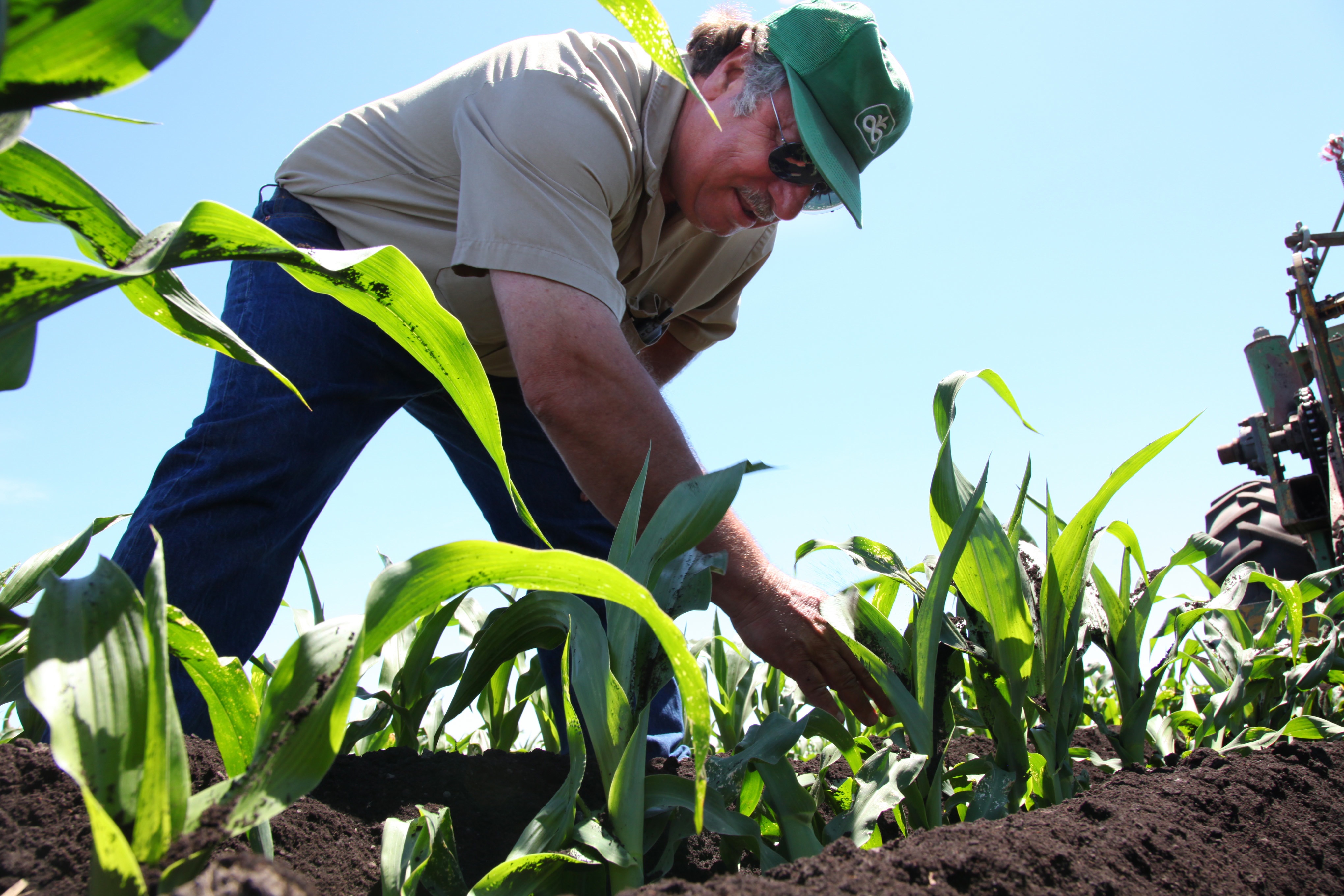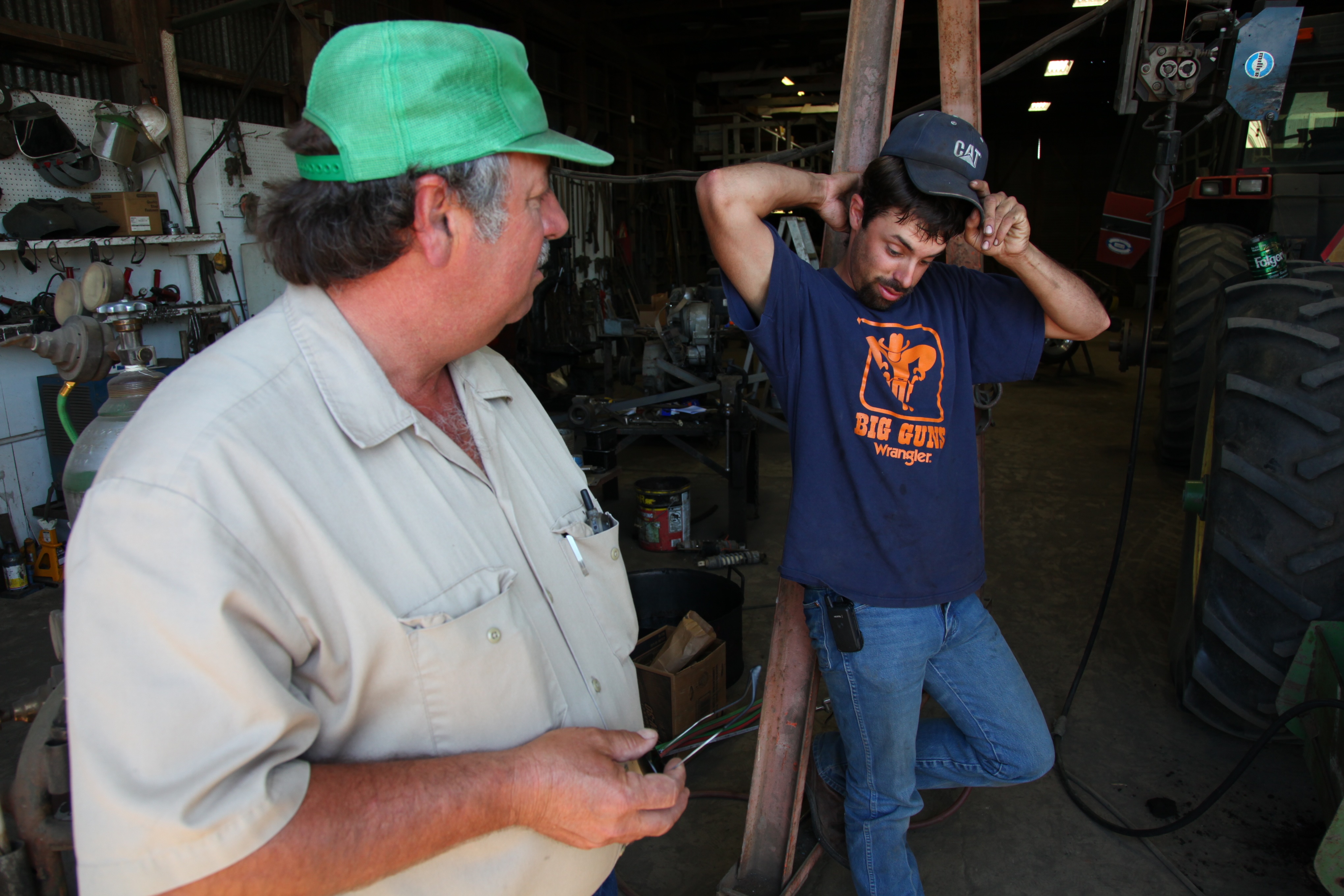As the water rises, a documentary maker ponders why people aren’t more concerned
Rising seas will irrevocably change life near the San Francisco Bay. That’s the premise of RISE: Climate Change and Coastal Communities, a three-part documentary by producer Claire Schoen. The second part, “Facing the Rising Tide,” airs this evening at 8 pm on KQED Public Radio.
Opinion by Claire Schoen

I recently dug out an old letter which I had written to my Dad back in 1982. “Have you heard about this thing called Global Warming?” I asked.
Back in the 80’s, I was already aware of what is now referred to as “climate change.” So why is it that so few Americans understand this threat today?
In fact, America is in retreat on the subject. According to Pew Research, the number of Americans who believe the planet is warming dropped by 20 percent from 2006 (79%) to 2010 (59%). “Believe.” As if this scientific phenomenon were a belief system, a question of faith.
This drives me crazy. Especially in the face of the overwhelming consensus in the scientific community that climate change is very real, man-made and increasing at a rate that is outstripping even the worst projections.
And it’s no secret. There is a treasure trove of information to be found at the click of a mouse. Indeed, it’s hard not to trip over it. For example, it took me about 2 minutes to pull up statements attesting to climate change from scientific societies in the US, the United Kingdom, Japan, Canada, France, Germany, India, Russia, Italy, China, Brazil, Australia and New Zealand. Everybody’s got one.
And yet so many people don’t get it. Or don’t want to get it. Or when they do get it, say it’s not really that important. Why is that? This was one of the questions I set out to explore in the RISE series. And it’s the focus of Part II: “Facing the Rising Tide.”

In telling this story, I met two very different families, both smart, educated, thoughtful. The Mellos are Delta farmers whose roots in the land go generations deep. Their talk of family, tradition, and legacy trumps the reality of climate change. The Fosters are urban land developers who have done extremely well financially by turning wetlands into real estate. Facing climate change is a threat to their investments. So, economics and lifestyle are, perhaps, two of the reasons for the wall of denial that America has constructed.
But I think there are others. There is a campaign of disinformation, underwritten by the oil business. And there is Fox News. I ran into an interesting study a few months back that found that people who watch Fox news are less well informed than people who pay no attention to news of any sort.
But I put the blame on public television and radio as well. Living in fear of being cut off by Congress and abandoned by their “enhanced underwriters” (don’t call them advertisers!), public broadcasting bends over backwards in the service of fairness and balance. So here is what we get: “Is there climate change? Or isn’t there climate change? Let’s have a debate.” On one side is a climate denier who represents a fraction of a percent of the scientific community and is most probably funded by a think tank that’s funded by an oil company. On the other side is a climate scientist who represents 99% of the scientific community. One side versus the other. Fair and Balanced. And the take-away for the public is, “Hmm…maybe there is and maybe there isn’t.”
And then there is the tyranny of the news headline. When strident, internal emails from the IPCC (the Intergovernmental Panel on Climate Change) were first leaked, they screamed across the front page of the major dailies like a house on fire: “Faulty Data on Climate Change!” After thorough and exhaustive review, it was found that the emails may have been snippy and inappropriate. But none of the scientific data was invalidated. This follow-up was buried on page 14.
Religion is also part of the problem. A few months ago I attended a Seventh Day Adventist church service. The congregation was very welcoming, pressing a Bible into my hands. The preacher was a delight; thumping and stomping. It made you want to shout out, as many people were doing.
“Have you noticed what’s going on!” cried the preacher, to a wave of “Amen! Tell it, brother!”
“The floods, the hurricanes, the droughts, the heat waves, the cold snaps. They are raining down on our people like a plague from heaven.”
Right on! I thought. He’s preaching on climate change.
Silly me.
“The end times are at our door,” the preacher continued. “The rapture is about to begin!”
So, do I need to drive an electric car? Put up solar panels? Insulate my house? Why no! All I need to do is get right with God, so that I may be lifted above the fire and brimstone.
Sigh.
Meanwhile in 2010, global emissions of carbon dioxide from fossil fuels rose by 5.9%. It was the largest increase on record.
Part 3 of RISE, entitled “Facing the Rising Tide” airs on KQED Public Radio, on February 9. All parts and additional multimedia are available on the RISE website.
4 thoughts on “Climate Change and Coastal Communities: Facing the Rising Tide”
Comments are closed.

Great Article. As a water guy who has wondered why so few people get this issue, I appreciate your insight.
Excellent.thanks alot
http://www.pars-nava.com
This article’s sub-headline is: “As the water rises, a documentary maker ponders why people aren’t more concerned”
A recent report based on reliable data directly challenges the underlying premise of KQED upcoming series. It strongly suggests that the documentary maker’s question is actually moot. Why? According to data and graphs in the 9/11/2011 report provided by Colorado University’s Sea Level Research Group, the trend of sea level measurements began to peak in 2008. The beginnings of a sinusoidal trend are clearly visible, at least to me. The 2010 datum actually declined.
Alarmist hype has caused well informed people like KQED’s audience to developed a healthy skepticism of sea level science. See for yourself at: http://sealevel.colorado.edu/
Sinusoidal data is an oscillating wave. It is turning out to be common in all climate variables. No complex statistics are needed to see it. The 2008 to 2010 data is definitely on a downward curve, even though the long term is upward. In any event, the CU study of NASA data puts the “sky is falling” alarmism in a proper non-alarmist perspective. The CU study shows an upward trend of only 0.04mm per year! That translates to a 100 year rise of 4.0mm per year. On a straight line projection for the year 2112 — 100 years from now — sea level will rise a bit less than 1/8th of an inch, clearly no reason for concern. This is certainly no reason for alarm in San Francisco, and certainly no justification for denying financing or raising insurance rates on low lying property. Most importantly, it shines a beacon of truth on the despicable AGW alarmist practice of terrifying people in nations on low lying islands. .
Hopefully KQED’s will very prominently make note of that beacon in every program in its series.
The pothole in sea level rise was due to last years El Nino. See this update.
http://www.jpl.nasa.gov/news/news.cfm?release=2011-262